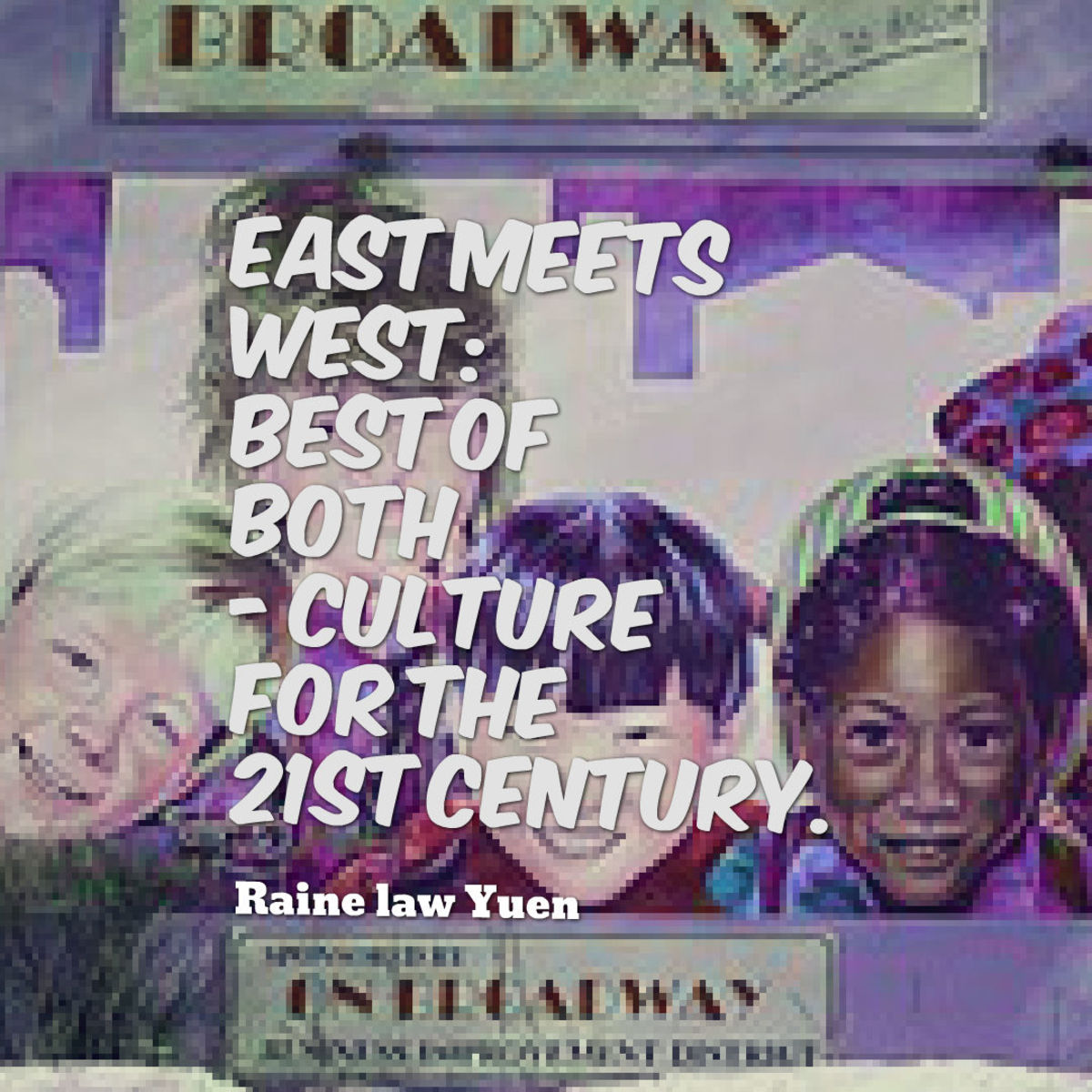Ignorance Is The Issue, Not Religion - Religious Conflict in the 21st Century

Some semesters back, the Honors Program at the George Washington University in Washington, DC held a symposium on religion and conflict in the 21st century. We were encouraged to read several articles (cited at the end of this Hub) and collect our thoughts before getting together for some hearty discussion. Below are my preliminary thoughts on religion and conflict in the 21st century- I'd be interested to see if you agree, disagree, or think I'm dumber than a lamppost!




Will Religion Be a Cause of Conflict in the 21st Century?
Religion will not be a cause of conflict in the 21st Century. Instead, ignorance is our greatest threat. Due to a lack of open-mindedness and communication, both secular and religious societies have developed a grievous volume of misconceptions with regard to others’ beliefs. These misunderstandings and misinterpretations are at the root of not only all major religious conflicts plaguing the global political stage, but troubles in secular, cultural, and economic domains as well. Many would argue that ignorance and religion go hand in hand, but that is in itself an ignorant claim. Religious ignorance does not stem from religion itself, but rather misdirected personal, cultural, and political embellishments that have been added to established religions worldwide. To avoid future (and potentially catastrophic) conflict, healthy, open communication must be fostered amongst people of different political, cultural, economic, geographic, and (of course) religious backgrounds.
The readings provided for our University Honors Symposium on Global Politics and Religion support this argument splendidly. As the introduction of Faith-Based Diplomacy pointed out, “what is needed is a form of diplomacy that can uncover and deal with deeper sources of conflict by rebuilding relationships and making concessionary adjustments whenever possible” (Johnston 7). Only by communicating and relating can people of diverse origins and beliefs realize that they really do want the same basic things, and that holding onto grudges and patterns of the past will only drive them and their presumed opponents further into a state of ironic godlessness.
Terrorism is the most striking contemporary embodiment of a state of godlessness resulting from religious ignorance. Mistaking logos for mythos, several fundamentalist organizations have deluded themselves into believing they are fighting a holy war against secular entities, churches, or other religious sects. While a more logical method might be more effective in helping these groups defend their beliefs, warfare is often jumped upon as the answer to all problems- not because it has proven to be all that successful, but because its use has run rampant in our history and many uninformed leaders see it as the quickest, most effective means to an end.
As Mark Juergensmeyer cites in The Logic of Religious Violence, “the idea of warfare has long had an eerie and intimate relationship with religion. History is studded with overtly religious conflicts such as the Crusades, the Muslim conquests, and the Wars of Religion that dominated the politics of France in the sixteenth century” (155). Has religious violence been all that effective and useful? Many would argue that it has not. Many more would even venture to argue that religious violence only begets more religious violence, and that we would be best off with no religion at all.
Karen Armstrong has suggested that some campaigns, while successful when operating under the pretense of logic, become utter failures when sides “started making a mythical or mystical vision the basis of their policies” (xv). One could dedicate endless volumes of very hefty books to the discussion of religious hostilities, but for the purposes of this argument, it is suffice to say that the effectiveness of religious war is highly questionable, as is the reasoning behind any suggestion to utilize violence in the name of anything, let alone religion.
Another example of conflict stemming from ignorance, especially that related to the understanding of others’ belief systems, can be seen among the growing divide between the world’s faithful and secular populations. As Phillip Jenkins puts it in The Next Christendom, “Northerners are going to find themselves ever more out of touch with the religious dimensions that shape the new world, and literally unable to communicate with the new people of faith” (160). Essentially, much of the developed world has “lost the sense of mythos” but is “very familiar with logos, which is the basis of our society” (Armstrong xiv).
In this scenario, ignorance doesn’t stem from an assumption that war is necessary to defend certain cultural practices, but rather a loss of open-mindedness with regard to spirituality. As western society has developed technology, it has cast aside religion as a formal means of operating. This has led to social, political, and economic conflict, as neglecting this dimension is a direct insult to the foundations of operations for many other societies. For an example, consider the Muslim faith. As Douglass Johnston puts it in Faith-Based Diplomacy, “secularism is simply not what they are about. Their goal instead is to integrate their politics with their religious faith in constructing a community on earth that will be pleasing to Allah” (8). To ignore the fundamental aspects of another party’s religion would be terribly ignorant on behalf of secular society. Alternatively, it would be imprudent of a more religiously-based society to carry on relations with secular society while viewing them it a morally debased and backward.
To avoid all of this conflict and misunderstanding, we desperately need to calm down, sit down, and talk. Wonderful things happen when people set aside grudges and communicate. In a best-case scenario, different parties would discover that they have more in common than they previously believed. Ainslie Embree cited a concept developed by Ram Mohan Roy; “that all religions have a common core of truth that can be discovered by diligent searchers who are willing to discard distortions, accretions, and corruptions that have crept into all religions through the centuries” (60-61).
Imagine the conflict that could be avoided should people of different backgrounds agree to engage in an open dialogue and search for common ground! Should people discuss delicate matters, they may very well find that war and violence are not the answer- nay, that they in fact involve terrible deviations from virtue. Furthermore, they may discover ways to peacefully coexist politically, socially, and economically. Perhaps most importantly, they will finally succeed in casting aside the troublesome misconceptions that brought them into a great stinking mess in the first place, for once people realize they’re all of the same flesh and bones, and that they all desire the same general outcomes, there will be nothing less to fear. In sum, communication will obliterate the religiously-charged ignorance that threats the prosperity of the 21st century. Crisis averted. Hurrah!
Works Cited
Armstrong, Karen. The Battle for God : A History of Fundamentalism. 1st ed. New York: Ballantine Books, 2001.
Embree, Ainslie. Kashmir: Has Religion a Role in Making Peace? Case Studies. 33-70.
Jenkins, Philip. The Next Christendom : The Coming of Global Christianity. New York: Oxford UP, Incorporated, 2007.
Johnston, Douglas. Faith- Based Diplomacy Trumping Realpolitik. New York: Oxford UP, Incorporated, 2008.
Juergensmeyer, Mark. Terror in the Mind of God : The Global Rise of Religious Violence. New York: University of California P, 2003.








